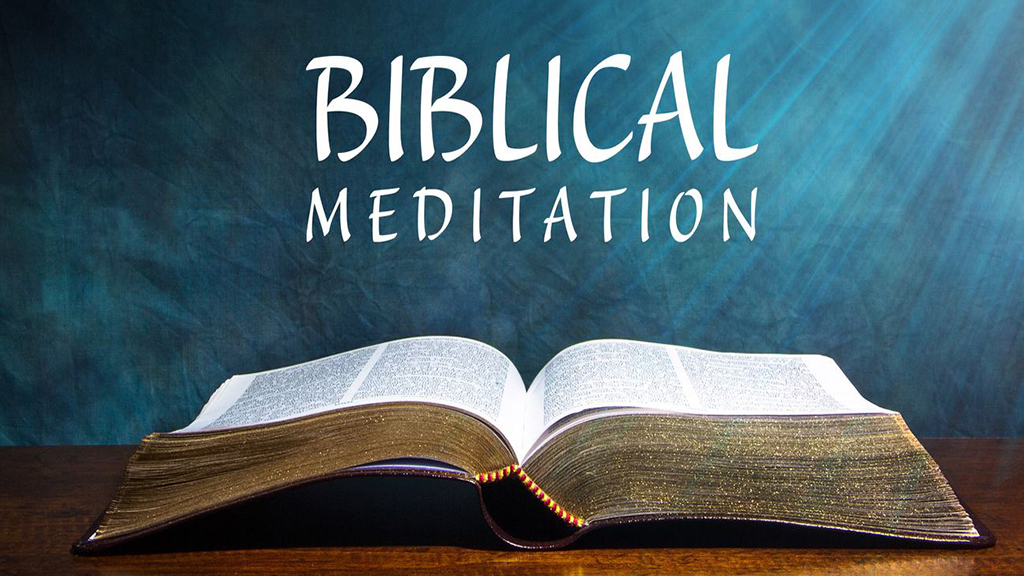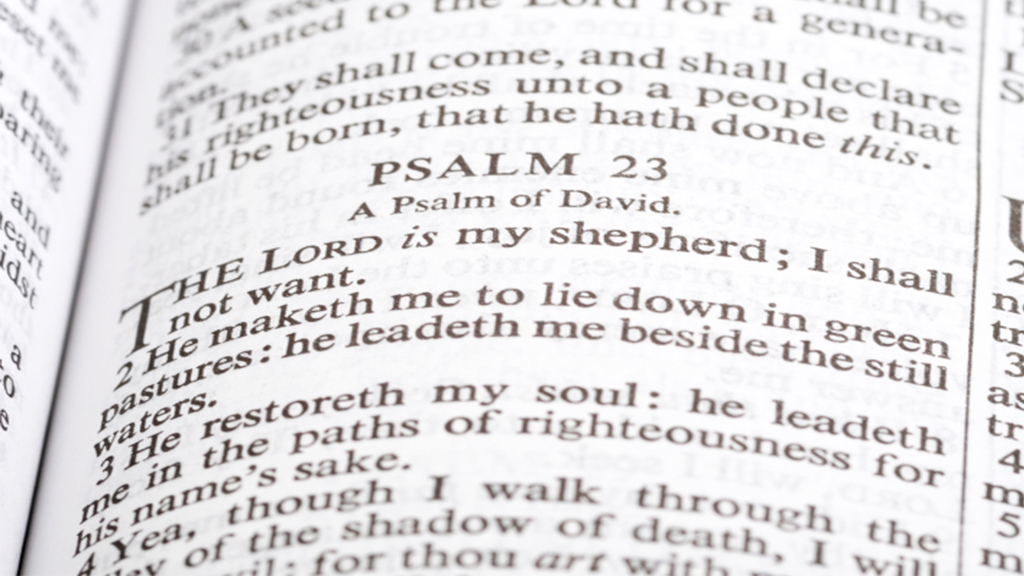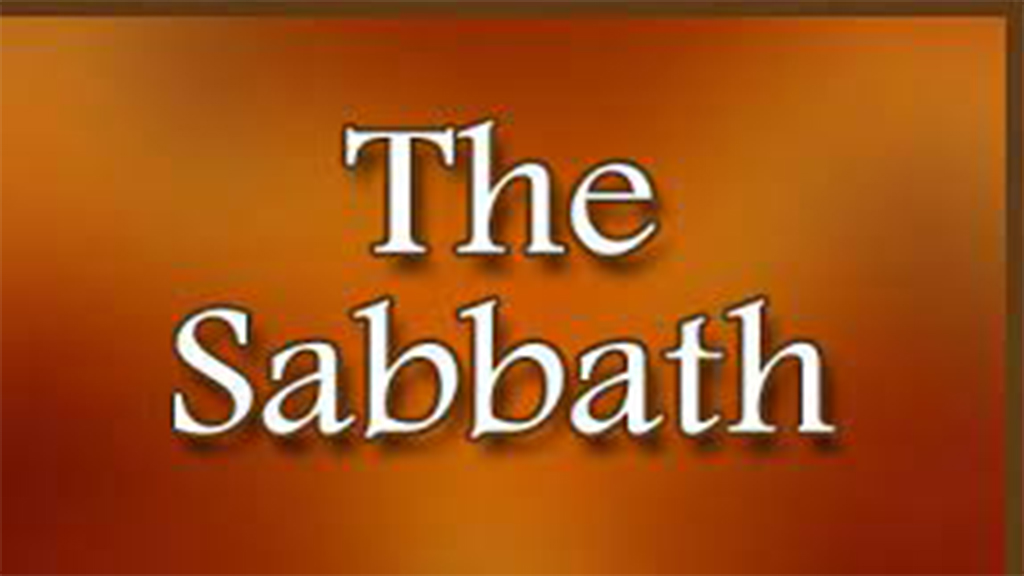Like An Athlete, We Need To Train So We Can Finish The Race, Fight The Good Fight.

Spiritual Disciplines are simply ways for Jesus’ disciples to train and become more like Him. They facilitate honesty, grace, and Mind & soul transformation. Jesus used spiritual practices to cultivate His intimacy with the Father. The Apostles, the Psalmists, and many of our Bible heroes model the importance of using spiritual exercises as a from of worshiping God and “grow in grace” (2 Peter 3:18).
The spiritual disciplines are those practices found in Scripture that promote spiritual growth among believers in the gospel of Jesus Christ. They are habits of devotion, habits of Christianity that have been practiced by God’s people since biblical times. I describe them with six key aspects.
Fasting
When Jesus began his public ministry he was driven by the Spirit into the wilderness for 40 days of fasting and prayer in solitude. Just before the end of his fast Satan came to Jesus to tempt him. Of course, the first thing he did was try to get him to eat food before his fast was over. After 40 days without food I fear I would’ve given in! But Jesus didn’t.
How did Jesus do this? Famished for food, wasting away in the hot desert, wasn’t he at his weakest point? No! Fasting is feasting on God!
Fasting is Feasting!
When we fast from food God sustains our bodies with himself through spiritual means. So Jesus was actually at his strongest point of resolve after fasting for 40 days. “Man shall not live by bread alone,” Jesus countered Satan’s temptation, “but by every word that proceeds from the mouth of God” (Matthew 4:4 and Deuteronomy 8:3; both NKJV).
Fasting is a forgotten spiritual discipline in the church today. Many Christians never or rarely fast. But Jesus saw it as an important part of Christian devotion, practicing it himself and setting it alongside giving and prayer in the Sermon on the Mount where he stated “When you fast…” (Matthew 6:16) not “If you fast…”
Later, Jesus was questioned by John’s disciples, who were confused as to why they fasted regularly, but Jesus and his disciples did not. Jesus explained that while he was physically present his followers celebrated as if at a wedding, but when he was taken away from them then they would fast for him (Matthew 9:14-15).
It was in 2003 that I first giver a little book intiled "Spirtual Fasting" I cant remember the auther's name but I do remember that it changed my life in the area of Celebration of Discipline on fasting:
Scripture has much to say about fasting that we would do well to look once again at this ancient Discipline. The list of biblical personages who fasted becomes a ‘Who’s Who’ of Scripture: Moses the lawgiver, David the king, Elijah the prophet, Esther the queen, Daniel the seer, Anna the prophetess, Paul the apostle, Jesus Christ the incarnate Son. Many of the great Christians throughout church history fasted and witnessed to its value (p. 42).
Fasting confirms our utter dependence upon God by finding in him a source of sustenance beyond food. Through it, we learn by experience that God’s word to us is a life substance” (The Spirit of the Disciplines, p. 166). In other words, it’s literally true that “Man does not live on bread alone, but on every word that comes from the mouth of God” (Deuteronomy 8:3, Matthew 4:4; NIV).
Jesus’ words actually do bring divine life to our bodies and souls (John 6:63). And Jesus showed us this was true, sustaining himself with the food of doing his father’s will and finishing his work (John 4:34). Fasting unto our Lord is… feasting on him and on doing his will.
Benefits of Fasting
Fasting is a powerful spiritual discipline with many spiritual benefits.
To fast and to deny our natural appetites… is to lessen that struggle and war that is in our nature. It is to render our bodies fitter instruments of purity and more obedient to the good motions of divine grace. It is to dry up the springs of our passions that war against the soul… and to render the mind more capable of divine meditations (A Serious Call to a Devout and Holy Life, p. 76).
Lets elaborate on the way in which fasting helps us practice the self-denial that is necessary to follow Christ (Matthew 16:24):
In fasting, we learn how to suffer happily as we feast on God. And it is a good lesson, because in our lives we will suffer, no matter what else happens to us… Fasting teaches temperance or self-control and therefore teaches moderation and restraint with regard to all our fundamental drives. Since food has the pervasive place it does in our lives, the effects of fasting will be diffused throughout our personality. In the midst of all our needs and wants, we experience the contentment of the child that has been weaned from its mother’s breast (Psalm 131:2). And ‘Godliness with contentment is great gain’ (1 Timothy 6:6) (p. 167).
The Apostle Peter taught us, “He who has suffered in his body is done with sin” (1 Peter 4:1, NIV). Fasting is a way to take on a small degree of bodily suffering in order to teach us that our belly is not our god, as it is for many people (Romans 16:18, Philippians 3:19). No! We can learn not to be ruled by bodily drives or surging emotions. Or bodies are for the Lord; they are the temple of the Holy Spirit (1 Corinthians 6:13, 19) and instruments of righteousness (Romans 6:13).
My Experience with Fasting
In my youth I fasted to show my commitment to God. There were always several people who were informed of my fasting. Praise from man was my only reward. Unfortunately, I later decided it was a legalism and I got away from it for many years. I rationalized, “I’m into grace now and besides I need my energy for ministry, work, school… the kids……” I can’t believe I thought that way!
It wasn’t until a few years ago that I resumed this spiritual Discipline. Since then, I’ve found it to be a powerful tool to purify my heart for God. I tell no one including my wife. Far from being a legalism, it’s been a “means to grace,” which is the purpose of all the spiritual disciplines. And instead of weakening me it’s actually energized me for managing the responsibilities of my daily life by training me to do whatever I’m doing with God – talking with him and relying on his help. Fasting can be like walking in a desert.
 But if you plan things and build into your fast fellowship with God it will be like finding an oasis over every hill.
But if you plan things and build into your fast fellowship with God it will be like finding an oasis over every hill.
There are many ways to fast. The way I usually do it is to go without food, but drink plenty of water, for about a 24-hour period beginning after dinner one day until before dinner the next day. At the same time I also fast from television, radio, and the computer.
During my fast I use meal time as prayer time and I respond to pangs of hunger throughout my day like the hourly chimes of a clock that call me to the “hour of prayer.” When I’m driving I make it a sanctuary of solitude with the Lord and I turn off the radio to pray in silence.
And throughout the day as I pray I meditate on what I call my “Fasting is Feasting Scriptures”, which I’ve memorized, and then I tell God – and myself! – how hungry I am for him. I ask the Lord to deepen my hunger to connect with him and to do his work. I affirm that the deepest desire of my soul is for him and not lust or greed or impressing others or pleasing others or selfish ambition and I ask him to purge these sins from me and replace them with his loving presence. And I talk to him about my personal mission statement, my life verse from the Bible, and my dreams as I pray the words of Jesus, “My food is serve you, Oh God” (paraphrase of John 4:34).
God has worked powerfully in my heart through this three-pronged discipline of fasting, prayer, and meditation. I’ve grown dramatically closer to God and my sinful desires have decreased, not only during my fasts, but also on a day-to-day basis.
Furthermore, my passion and focus for doing his work have greatly intensified. For instance, I started leading Christ’s Ambassadors Spiritual Growth Groups. And on some occasions I’ve invited other people who are struggling with an issue (e.g., lust, anger, people-pleasing) to fast and pray on it and I’ve joined them in this by fasting with them. They’ve so appreciated this support and been empowered by our combined spiritual discipline.
Prepare to be Tested
Be forewarned you may be tested during your fast as Jesus was! Fasting is a powerful example of how a spiritual discipline can teach us about ourselves and where we’re at in our spiritual formation.
With hunger pains you may feel deprived or aggravated since you’ll be lacking the pleasure and energy you normally get from food. If you use food as a defense mechanism for loneliness, grief, anger, or worry then these painful feelings may rise up like lava from a volcano. And you might be more tempted by the sins you struggle with.
For instance, one day after a stressful day of work and near the end of a fast I found myself driving home more aggressively and competitively, not wanting people to slow me down or cut in front of me. I had to admit to God that I was falling into the familiar sin of selfish ambition – even while fasting, meditating, praying, and listening to my favorite christian raido station!
Actually, being tested is the point of fasting! You want to feel hunger pangs. You want to endure discomfort. You want your impure feelings to rise to the surface. You want to be purged of sins lurking in the dark corners of your heart.
Really! When you fast you’re asking God to ravish you until you realize that he is the “one thing” you want (Psalm 27:4), he is the Bread of Life that you’re starving for (John 6:35, 48). You’re repenting from all worldly desires and turning to your Father to rejoice in his arms and in his service.


















